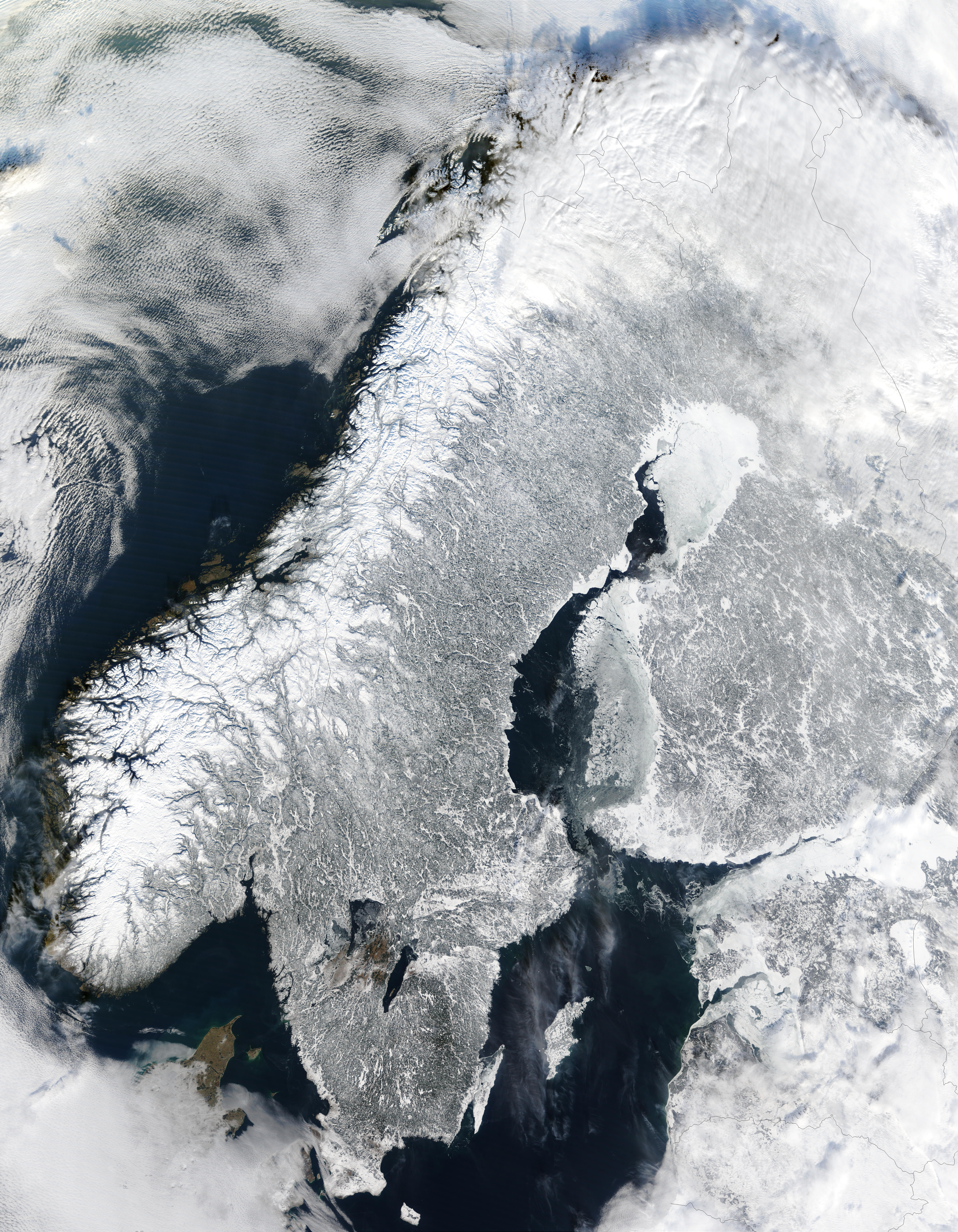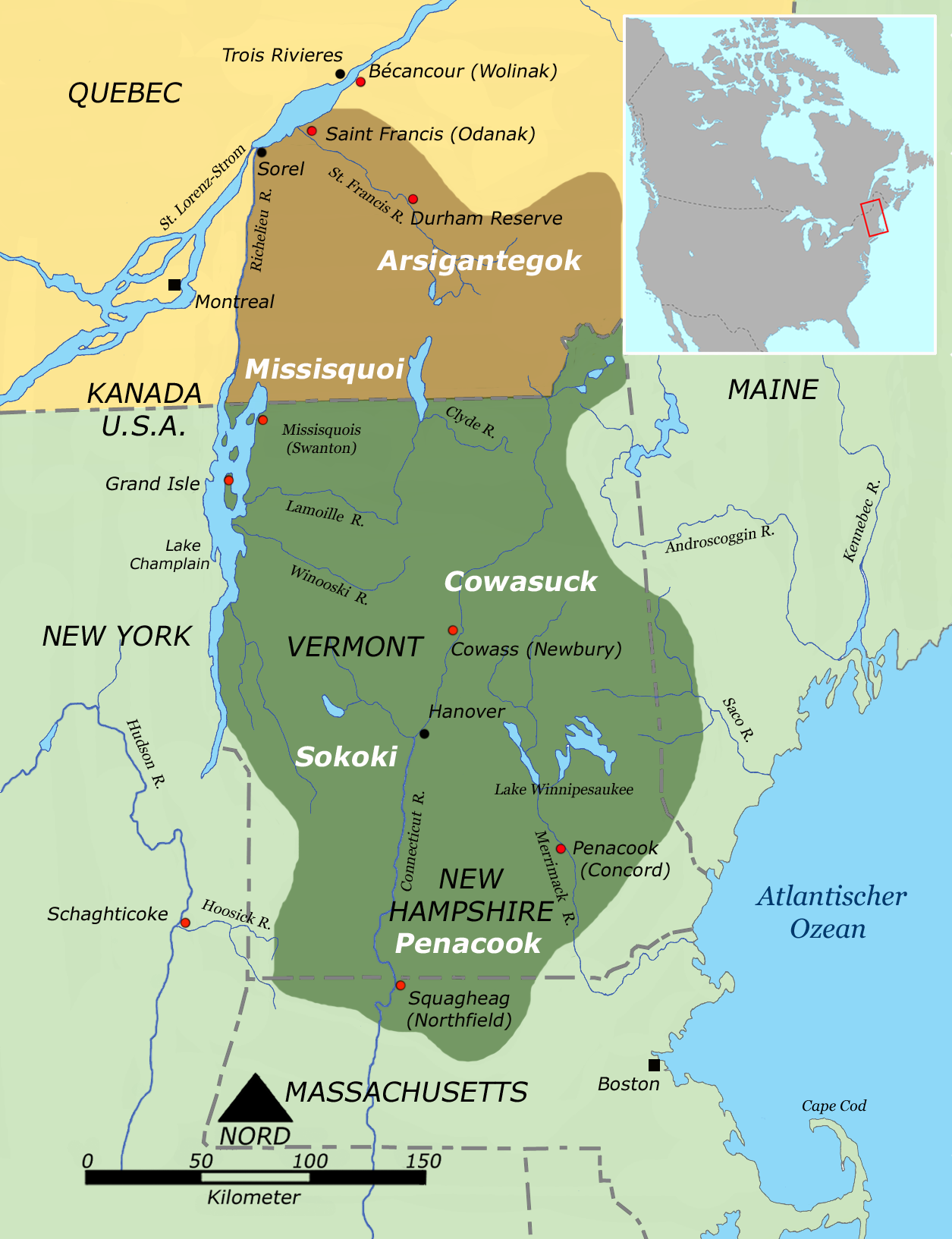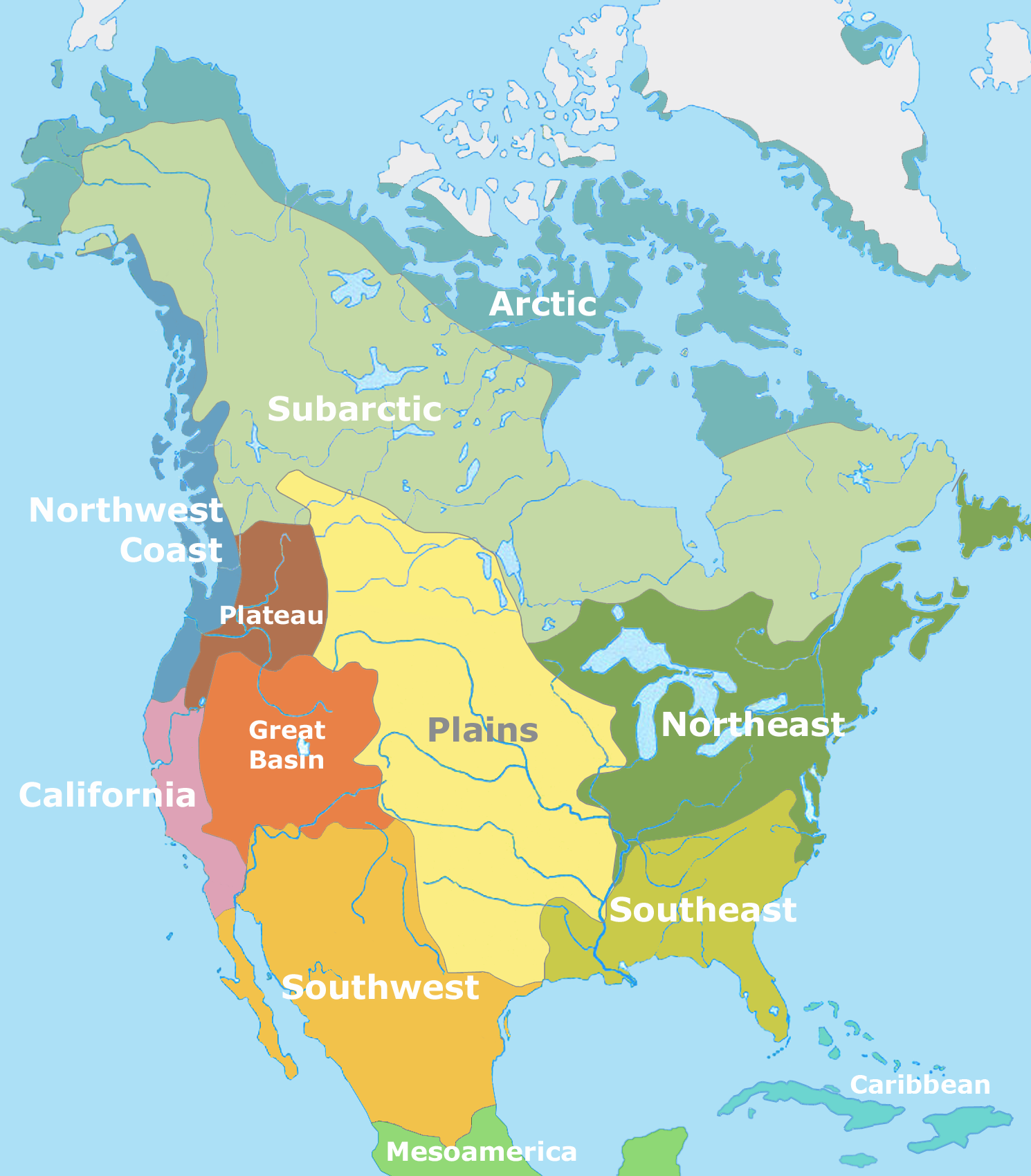|
Harpswell, Maine
Harpswell is a town in Cumberland County, Maine, United States, within Casco Bay in the Gulf of Maine. The population was 5,031 at the 2020 census. Harpswell is composed of land contiguous with the rest of Cumberland County, called Harpswell Neck, as well as three large islands connected by bridges: Sebascodegan Island (locally known as Great Island), Orr's Island, and Bailey Island and over 200 smaller islands. Harpswell is part of the Portland-South Portland-Biddeford metropolitan area. History The Native Americans who originally inhabited Harpswell were Abenaki. The Abenaki name for Harpswell Neck, then called West Harpswell, was ''Merriconeag'' or "quick carrying place", a reference to the narrow peninsula's easy portage. The Abenaki name for Great Island was Erascohegan or Sebascodiggin, which became by the late 1800s Sebascodegan Island. About 1659 Major Nicholas Shapleigh of Kittery, Maine, bought Merriconeag and Sebascodegan Island from the Abenaki, but because of I ... [...More Info...] [...Related Items...] OR: [Wikipedia] [Google] [Baidu] |
New England Town
The town is the basic unit of Local government in the United States, local government and local division of state authority in the six New England states. Most other U.S. states lack a direct counterpart to the New England town. New England towns overlie the entire area of a state, similar to civil townships in other states where they exist, but they are fully functioning Incorporation (municipal government), municipal corporations, possessing powers similar to city, cities and county, counties in other states. Local government in New Jersey, New Jersey's system of equally powerful townships, boroughs, towns, and cities is the system which is most similar to that of New England. New England towns are often governed by a town meeting, an assembly of eligible town residents. The great majority of municipal corporations in New England are based on the town model; there, statutory forms based on the concept of a Place (United States Census Bureau), compact populated place are uncommon ... [...More Info...] [...Related Items...] OR: [Wikipedia] [Google] [Baidu] |
Gulf Of Maine
The Gulf of Maine is a large gulf of the Atlantic Ocean on the east coast of North America. It is bounded by Cape Cod at the eastern tip of Massachusetts in the southwest and by Cape Sable Island at the southern tip of Nova Scotia in the northeast. The gulf includes the entire coastlines of the U.S. states of New Hampshire and Maine, as well as Massachusetts north of Cape Cod, and the southern and western coastlines of the Canadian provinces of New Brunswick and Nova Scotia, respectively. The gulf was named for the adjoining English colonial Province of Maine, which was in turn likely named by early explorers after the province of Maine in France. Massachusetts Bay, Penobscot Bay, Passamaquoddy Bay, and the Bay of Fundy are all arms of the Gulf of Maine. Geography and hydrography The Gulf of Maine is a roughly rectangular depression with a surface area of around , enclosed to the west and north by the North American mainland and communicating with the Atlantic Ocean to the so ... [...More Info...] [...Related Items...] OR: [Wikipedia] [Google] [Baidu] |
Lincolnshire
Lincolnshire (), abbreviated ''Lincs'', is a Ceremonial counties of England, ceremonial county in the East Midlands and Yorkshire and the Humber regions of England. It is bordered by the East Riding of Yorkshire across the Humber estuary to the north, the North Sea to the east, Norfolk, Cambridgeshire, Northamptonshire and Rutland to the south, and Leicestershire, Nottinghamshire and South Yorkshire to the west. The county is predominantly rural, with an area of and a population of 1,095,010. After Lincoln (104,565), the largest towns are Grimsby (85,911) and Scunthorpe (81,286). For Local government in England, local government purposes Lincolnshire comprises a non-metropolitan county with seven districts, and the unitary authority areas of North Lincolnshire and North East Lincolnshire. The last two areas are part of the Yorkshire and the Humber region, and the rest of the county is in the East Midlands. The non-metropolitan county council and two unitary councils collabora ... [...More Info...] [...Related Items...] OR: [Wikipedia] [Google] [Baidu] |
Harpswell, Lincolnshire
Harpswell is a village and civil parish in the West Lindsey district of Lincolnshire, England. It is situated just west off the junction of the A631 and B1398, and north from the city and county town of Lincoln. According to the 2001 census Harpswell had a population of 65. In 2011 the Office for National Statistics issued combined results for Hemswell and Harpswell, totalling 391 in 179 households. Nearby RAF Hemswell was called Harpswell airfield when it first opened in 1916. The parish church of St Chad's has a Saxon tower and was restored around 1890. It is a Grade I listed building In the United Kingdom, a listed building is a structure of particular architectural or historic interest deserving of special protection. Such buildings are placed on one of the four statutory lists maintained by Historic England in England, Hi .... References External links * Villages in Lincolnshire Civil parishes in Lincolnshire West Lindsey District {{Lincoln ... [...More Info...] [...Related Items...] OR: [Wikipedia] [Google] [Baidu] |
Massachusetts General Court
The Massachusetts General Court, formally the General Court of Massachusetts, is the State legislature (United States), state legislature of the Commonwealth (U.S. state), Commonwealth of Massachusetts located in the state capital of Boston. The name "General Court" is a holdover from the earliest days of the Massachusetts Bay Colony, when the colonial assembly, in addition to making laws, sat as a judicial Appellate court, court of appeals. Before the adoption of the state constitution in 1780, it was called the Great and General Court, but the official title was shortened by John Adams, author of the Massachusetts Constitution, state constitution. It is a bicameral Legislature, body. The upper house is the Massachusetts Senate which is composed of 40 members. The Lower house, lower body, the Massachusetts House of Representatives, has 160 members; until 1978, the state house had 240 members. It meets in the Massachusetts State House on Beacon Hill, Boston, Beacon Hill in Bosto ... [...More Info...] [...Related Items...] OR: [Wikipedia] [Google] [Baidu] |
North Yarmouth
North Yarmouth, officially the Town of North Yarmouth, is a town in Cumberland County, Maine, United States. North Yarmouth is included in the Lewiston-Auburn, Maine metropolitan New England city and town area. The population was 4,072 at the 2020 United States census. It is part of the Portland– South Portland–Biddeford Metropolitan Statistical Area. Geography According to the United States Census Bureau, the town has a total area of , of which is land and is water. History The area embracing North Yarmouth, first settled in 1636, was abandoned twice before successful final settlement in 1713. In 1646, William Royall (–1676) purchased a farm on the river that, since, has borne his name. John Cousins (–1682), a few years previous, occupied a neck of land between branches of a stream and owned an island, both now bearing his name. These settlements were established in the vicinity, called by the Wabanakis, as "Wescustogo". Yarmouth originally constituted t ... [...More Info...] [...Related Items...] OR: [Wikipedia] [Google] [Baidu] |
Dummer's War
Dummer's War (1722–1725) (also known as Father Rale's War, Lovewell's War, Greylock's War, the Three Years War, the Wabanaki-New England War, or the Fourth Anglo-Abenaki War) was a series of battles between the New England Colonies and the Wabanaki Confederacy (specifically the Mi'kmaq, Maliseet, Penobscot, and Abenaki), who were allied with New France. The eastern theater of the war was located primarily along the border between New England and Acadia in Maine, as well as in Nova Scotia; the western theater was located in northern Massachusetts and Vermont in the frontier areas between Canada (New France) and New England.The Nova Scotia theater of the Dummer War is named the "Mi'kmaq-Maliseet War". John Grenier. ''The Far Reaches of Empire: War in Nova Scotia 1710–1760''. University of Oklahoma Press. 2008. The root cause of the conflict on the Maine frontier concerned the border between Acadia and New England, which New France defined as the Kennebec River in southern Ma ... [...More Info...] [...Related Items...] OR: [Wikipedia] [Google] [Baidu] |
Kittery, Maine
Kittery is a town in York County, Maine, United States, and the oldest incorporated town in Maine. Home to the Portsmouth Naval Shipyard on Seavey's Island, Kittery includes Badger's Island, the seaside district of Kittery Point, and part of the Isles of Shoals. The southernmost town in the state, it is a tourist destination known for its many outlet stores. Kittery is part of the Portland-South Portland-Biddeford metropolitan area. The town's population was 10,070 at the 2020 census. History English settlement around the natural harbor of the Piscataqua River estuary began about 1623. By 1632 the community was protected by Fort William and Mary on today's New Hampshire side of the river; in 1689 defensive works that later became Fort McClary in Kittery Point were added on today's Maine side to the north. Kittery was incorporated in 1647, staking a claim as the "oldest incorporated town in Maine." It was named after the birthplace of a founder, Alexander Shapleigh, ... [...More Info...] [...Related Items...] OR: [Wikipedia] [Google] [Baidu] |
Portage
Portage or portaging ( CA: ; ) is the practice of carrying water craft or cargo over land, either around an obstacle in a river, or between two bodies of water. A path where items are regularly carried between bodies of water is also called a ''portage.'' The term comes from French, where means "to carry", as in "portable". In Canada, the term "carrying-place" was sometimes used. Early French explorers in New France and French Louisiana encountered many rapids and cascades. The Native Americans carried their canoes over land to avoid river obstacles. Over time, important portages were sometimes provided with canals with locks, and even portage railways. Primitive portaging generally involves carrying the vessel and its contents across the portage in multiple trips. Small canoes can be portaged by carrying them inverted over one's shoulders and the center strut may be designed in the style of a yoke to facilitate this. Historically, voyageurs often employed tump lines on t ... [...More Info...] [...Related Items...] OR: [Wikipedia] [Google] [Baidu] |
Peninsula
A peninsula is a landform that extends from a mainland and is only connected to land on one side. Peninsulas exist on each continent. The largest peninsula in the world is the Arabian Peninsula. Etymology The word ''peninsula'' derives , . The word entered English in the 16th century. Definitions A peninsula is generally defined as a piece of land surrounded on most sides by water. A peninsula may be bordered by more than one body of water, and the body of water does not have to be an ocean or a sea. A piece of land on a very tight river bend or one between two rivers is sometimes said to form a peninsula, for example in the New Barbadoes Neck in New Jersey, United States. A peninsula may be connected to the mainland via an isthmus, for example, in the Isthmus of Corinth which connects to the Peloponnese peninsula. Formation and types Peninsulas can be formed from continental drift, glacial erosion, meltwater, glacial meltwater, glacial deposition (geology), deposition, ... [...More Info...] [...Related Items...] OR: [Wikipedia] [Google] [Baidu] |
Abenaki
The Abenaki ( Abenaki: ''Wαpánahki'') are Indigenous people of the Northeastern Woodlands of Canada and the United States. They are an Algonquian-speaking people and part of the Wabanaki Confederacy. The Eastern Abenaki language was predominantly spoken in Maine, while the Western Abenaki language was spoken in Quebec, Vermont, and New Hampshire. While Abenaki peoples have shared cultural traits, they did not historically have a centralized government. They came together as a post-contact community after their original tribes were decimated by colonization, disease, and warfare. Names The word ''Abenaki'' and its syncope, ''Abnaki,'' are both derived from ''Wabanaki'', or ''Wôbanakiak,'' meaning "People of the Dawn Land" in the Abenaki language. While the two terms are often confused, the Abenaki are one of several tribes in the Wabanaki Confederacy. Alternate spellings include: ''Abnaki'', ''Abinaki'', ''Alnôbak'', ''Abanakee'', ''Abanaki'', ''Abanaqui'', ''Abana ... [...More Info...] [...Related Items...] OR: [Wikipedia] [Google] [Baidu] |
Native Americans In The United States
Native Americans (also called American Indians, First Americans, or Indigenous Americans) are the Indigenous peoples of the Americas, Indigenous peoples of the United States, particularly of the Contiguous United States, lower 48 states and Alaska. They may also include any Americans whose origins lie in any of the indigenous peoples of North or South America. The United States Census Bureau publishes data about "American Indians and Alaska Natives", whom it defines as anyone "having origins in any of the original peoples of North and South America ... and who maintains tribal affiliation or community attachment". The census does not, however, enumerate "Native Americans" as such, noting that the latter term can encompass a broader set of groups, e.g. Native Hawaiians, which it tabulates separately. The European colonization of the Americas from 1492 resulted in a Population history of Indigenous peoples of the Americas, precipitous decline in the size of the Native American ... [...More Info...] [...Related Items...] OR: [Wikipedia] [Google] [Baidu] |






